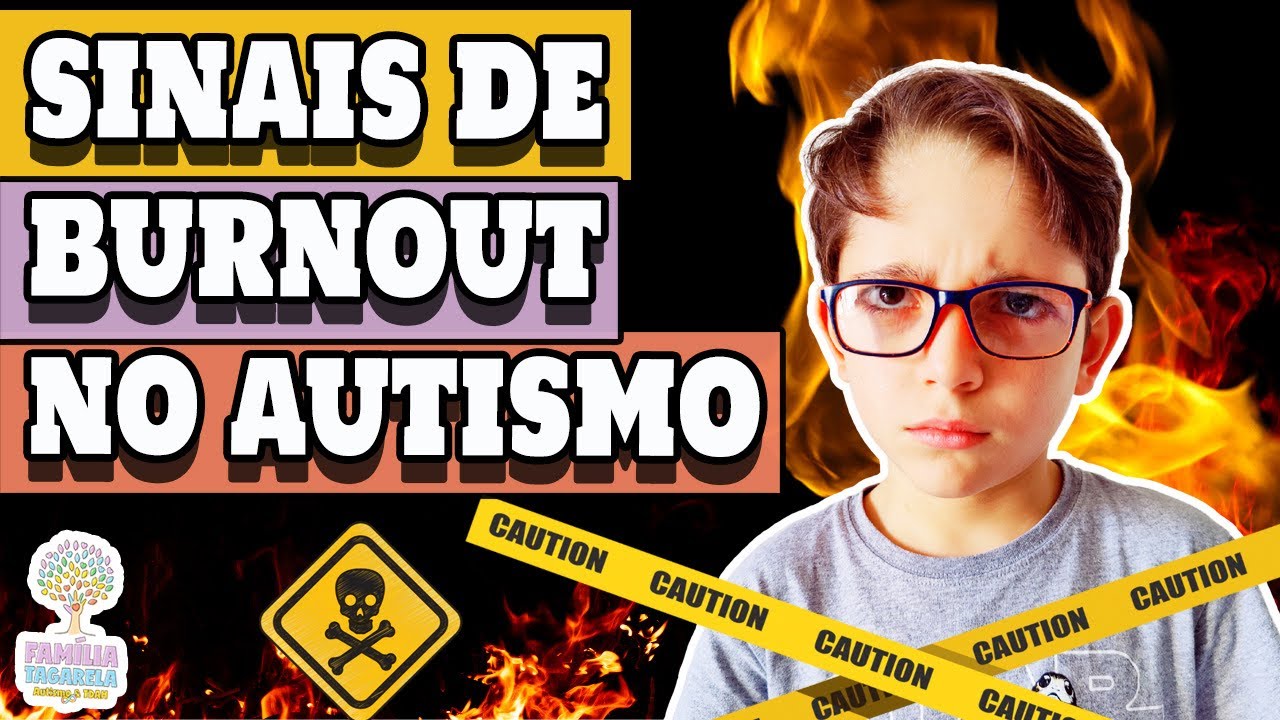The WORST ADVICE you can give an Autistic person #TakeTheMaskOff
Summary
TLDRThe speaker discusses the challenges of making friends for individuals on the autism spectrum, highlighting the paradox of fitting in versus being oneself. They critique the common advice to 'just be yourself' and 'not care what others think,' explaining how this can lead to social isolation. Instead, they advocate for finding a 'socially acceptable version' of oneself that allows for genuine connection and inclusion without sacrificing authenticity. The video supports the #TakeTheMaskOff campaign, emphasizing the importance of genuine connections over societal pressures to conform.
Takeaways
- 😢 The speaker emphasizes the difficulty of making friends for individuals on the autism spectrum and the struggle to fit in.
- 👶 In childhood, the speaker lacked the instinct to copy others and fit in, leading to social exclusion.
- 🤔 The speaker reflects on the natural reaction to try to fit in by acting like others, which can be harmful for autistic individuals.
- 🎭 The #TakeTheMaskOff campaign is highlighted to raise awareness of the emotional toll of trying to appear 'normal' for acceptance.
- 💡 The common advice 'just be yourself' is critiqued as potentially harmful for those on the autism spectrum who already struggle with social norms.
- 🚫 The speaker argues that completely disregarding others' opinions can lead to social isolation and should be avoided.
- 🤝 The goal is to find a balance between being authentic and being socially acceptable to form meaningful connections.
- 👗 The analogy of wearing clothes is used to illustrate the idea of presenting a socially acceptable version of oneself.
- 🙅♂️ The speaker warns against the extreme advice of either fitting in at all costs or not caring at all about societal acceptance.
- 🌟 The importance of emotional intelligence in understanding how others perceive us and the impact on our treatment is discussed.
- 💪 The speaker encourages not giving up on making meaningful connections and finding a balance between authenticity and social acceptance.
Q & A
What is one of the biggest challenges for people on the autism spectrum when it comes to making friends?
-One of the biggest challenges for people on the autism spectrum is the difficulty in understanding and emulating social norms, which can make it hard for them to fit in and relate to others.
Why did the speaker feel like an outsider during their childhood?
-The speaker felt like an outsider because they lacked the instinct to copy others and fit in, which led to them doing things differently and not being included in activities with other kids.
What is the speaker's opinion on the advice 'just be yourself' for someone on the autism spectrum?
-The speaker believes that the advice 'just be yourself' can be counterproductive for someone on the autism spectrum, as it overlooks the need for them to learn and perform socially acceptable behaviors to connect with others.
What social media campaign is the speaker supporting and why is it important?
-The speaker is supporting the #TakeTheMaskOff campaign, which raises awareness about the toll that trying to fit in by wearing a 'mask' can take on autistic individuals, emphasizing the importance of genuine connection and acceptance.
What does the speaker suggest is the worst advice for someone on the autism spectrum who is trying to make friends?
-The speaker suggests that the worst advice is to either 'just be yourself and not care what others think' or 'fit in at all costs,' as both extremes can prevent the formation of genuine connections.
How does the speaker describe the natural reaction of someone on the autism spectrum when they feel excluded?
-The natural reaction is to think that in order to be included, they need to act, talk, and be like everyone else, which can lead to trying to fit in at all costs.
What does the speaker mean by 'socially acceptable version of being myself'?
-The 'socially acceptable version of being myself' refers to expressing oneself in a way that is appropriate for different social situations, allowing for genuine connection without sacrificing authenticity.
Why is it important for people to like and understand the speaker according to their perspective?
-It's important because how people perceive and treat the speaker can significantly impact their life, affecting everything from employment to social inclusion and personal relationships.
What message does the speaker have for people on the autism spectrum who have given up on making friends?
-The speaker encourages them not to give up on making meaningful connections, emphasizing that it's possible to be genuine and still find inclusion and acceptance.
How does the speaker use the analogy of wearing clothes to explain the concept of a socially constructed self?
-The speaker uses the analogy of wearing clothes to illustrate that just as we cover our bodies appropriately in public for social reasons, we also present a version of ourselves that is suitable for different social contexts while still being authentic.
What does the speaker want viewers to do after watching the video?
-The speaker wants viewers to share the video, support the #TakeTheMaskOff campaign, and engage in discussion on social media or by becoming a patron to support their content.
Outlines

Этот раздел доступен только подписчикам платных тарифов. Пожалуйста, перейдите на платный тариф для доступа.
Перейти на платный тарифMindmap

Этот раздел доступен только подписчикам платных тарифов. Пожалуйста, перейдите на платный тариф для доступа.
Перейти на платный тарифKeywords

Этот раздел доступен только подписчикам платных тарифов. Пожалуйста, перейдите на платный тариф для доступа.
Перейти на платный тарифHighlights

Этот раздел доступен только подписчикам платных тарифов. Пожалуйста, перейдите на платный тариф для доступа.
Перейти на платный тарифTranscripts

Этот раздел доступен только подписчикам платных тарифов. Пожалуйста, перейдите на платный тариф для доступа.
Перейти на платный тариф5.0 / 5 (0 votes)






